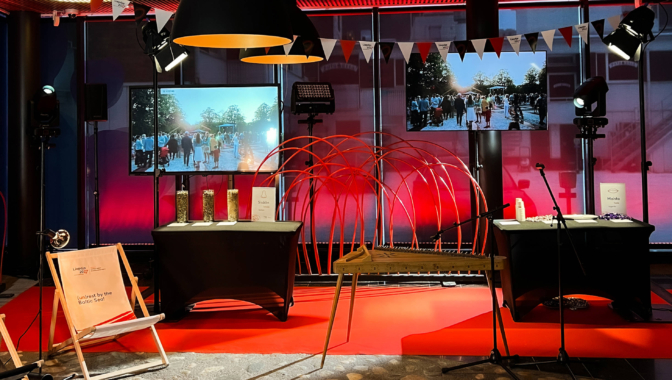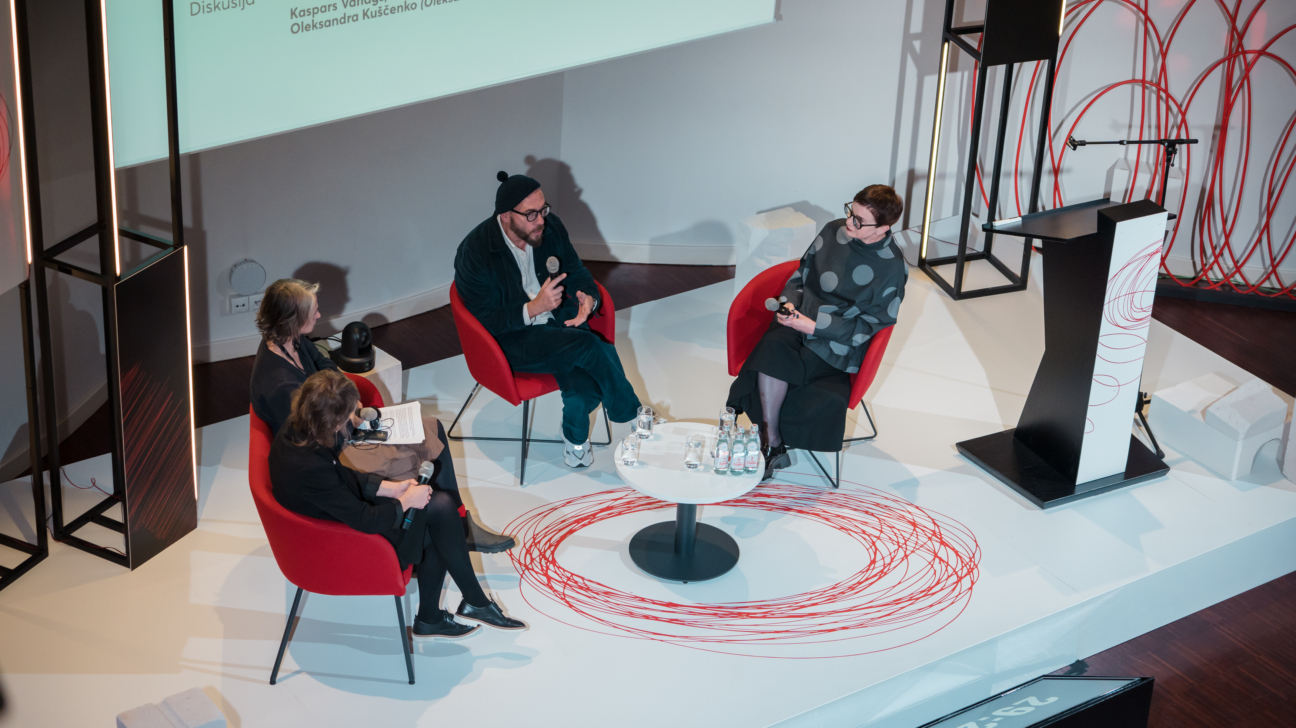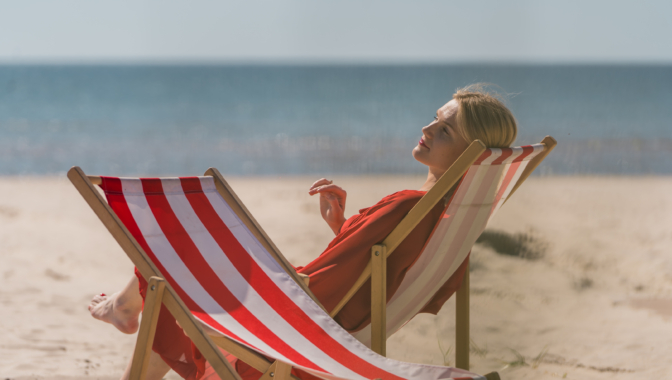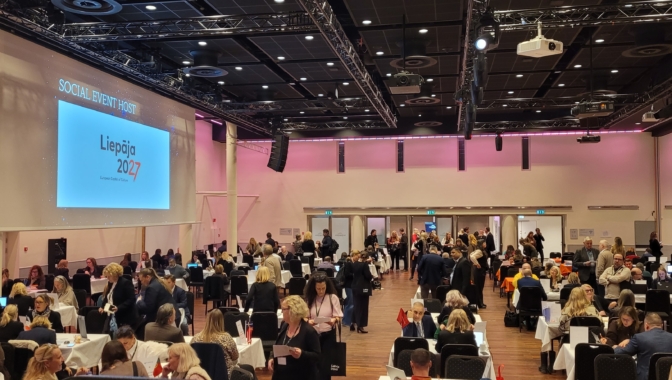The Liepāja 2027 International Conference “Cultural Renovation” recently brought together cultural sector representatives from across Latvia for two days at the Great Amber Concert Hall, featuring discussions and presentations from local and international experts.
This event, organized by the Liepāja 2027 Foundation, tackled critical issues such as diversifying funding for artists and culture professionals, improving inclusivity for people with disabilities in cultural events, creating relevant content to address 21st-century challenges, and broadening audiences for cultural experiences.
Author and director Michael De Kock, Artistic Director of the Royal Flemish Theatre, opened the conference with “The City as a Stage: New Narratives Shaping Art and Society.”
A panel discussion on “Renovating Creativity – Content, Form, and Context in the Challenges of the 21st Century” followed, exploring how the title of European Capital of Culture impacts local economies and how crises like the pandemic and war have reshaped values, perceptions, and the cultural sector as a whole.
On the second day, Ellen Loots, Associate Professor at Erasmus University Rotterdam, presented on diversifying fundraising for the arts, while Oleksandra Kushchenko, who is a journalist and a founder of the “ArtLvivOnline” platform, discussed culture’s resilience through crisis.
Other speakers included Kaspars Vanags, the director of the Pauls Stradiņš Museum of the History of Medicine, art critic and curator, who emphasized the need for content and form transformation within cultural institutions; Henrik Sand-Dagfinrud, who is the programme director of Norway’s City of Bodø – The 2024 European Capital of Culture. He shared strategies for expanding cultural engagement; and Egita Prāma, the administrative director and lawyer at the Open Society Foundation “Dots” who spoke on the Lampa Festival’s path to sustainable funding.
The “Funding renovation” opportunities in Latvia were explained by Dr.oec. Ieva Zemīte, who is the director of the joint master’s degree programme “Creative Industries and Growth Management” at the Latvian Academy of Culture and Rīga Technical University.
Vlad Yaremchuk, who is the programme director of Ukraine’s largest music event, “Atlas Festival” shared insights into the current state of Ukraine’s music and cultural sectors, emphasizing the vital role of music as a force within the resistance movement.
Meanwhile, art therapist and inclusive culture advocate Lība Bērziņa explored ways to enhance accessibility for people with disabilities in Latvian cultural spaces – not only as audience members but as active creators and contributors to events.
Moderated by media expert, editor and translator Rita Ruduša, the conference underscored culture’s potential to foster inclusivity, innovation, and resilience across Latvia.
The conference was organised by Liepāja 2027, co-financed by Liepāja City Municipality, South Kurzeme Region Municipality, Kuldīga Region Municipality, Ministry of Culture of Latvia, project “CreArt”.
The Valladolid Municipality of Spain has undertaken the lead role in the project, backed up by the partners from the Municipality of Aveiro, Portugal, the Municipality of Lublin, Poland, the Croatian Association of Fine Artists “HDLU-Zagreba”, the Municipality of Skopje, Northern Macedonia, the Lithuanian Gallery “Artkomas-Kaunas”, the French municipalities of Rouen and Clermont-Ferrand, the Italian municipality of Venice, the Czech public foundation “Češke Budejovice”, the Finnish municipality of Oulu, the German municipality of Regensburg and the Foundation “Liepāja 2027”.



